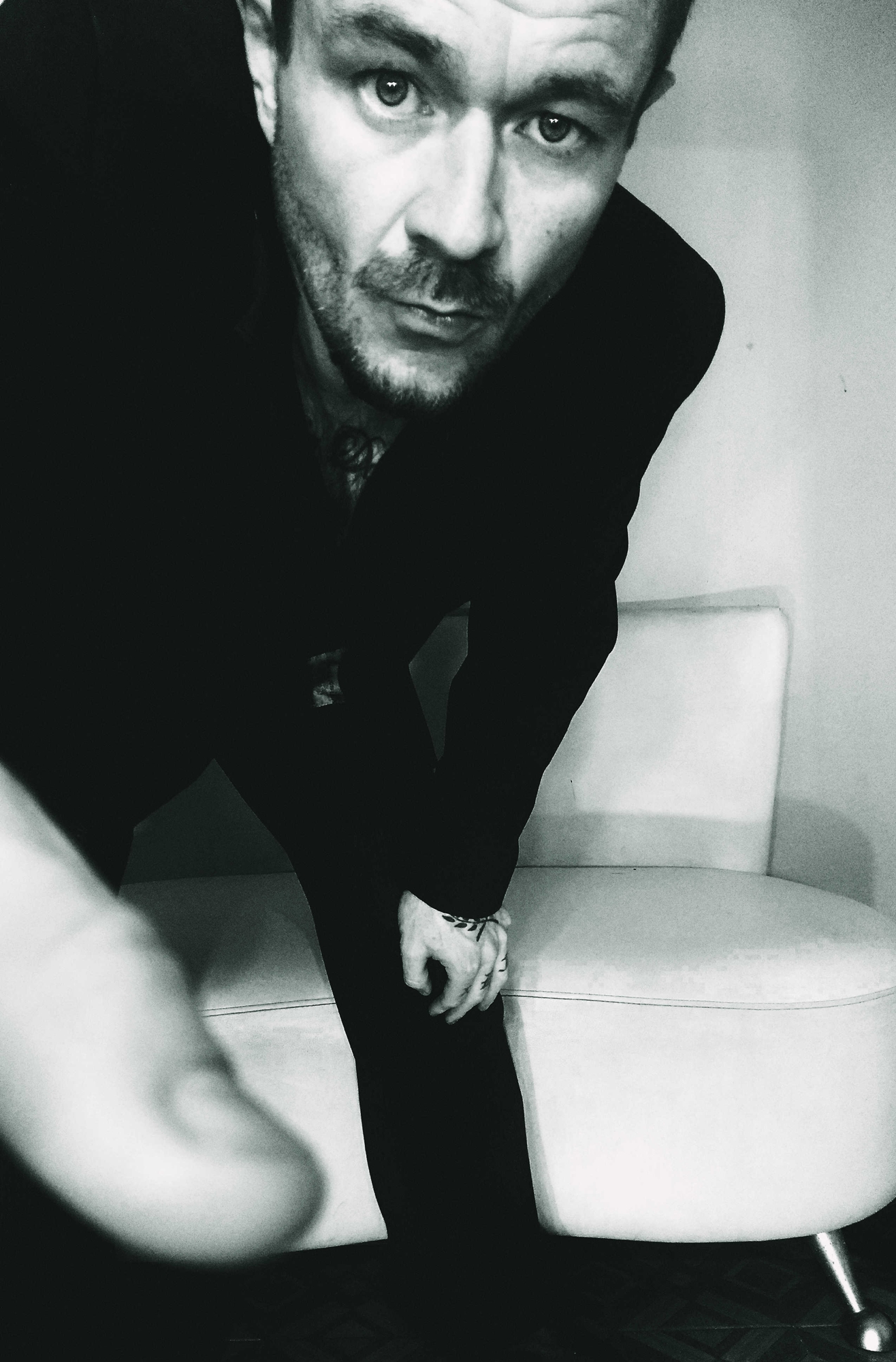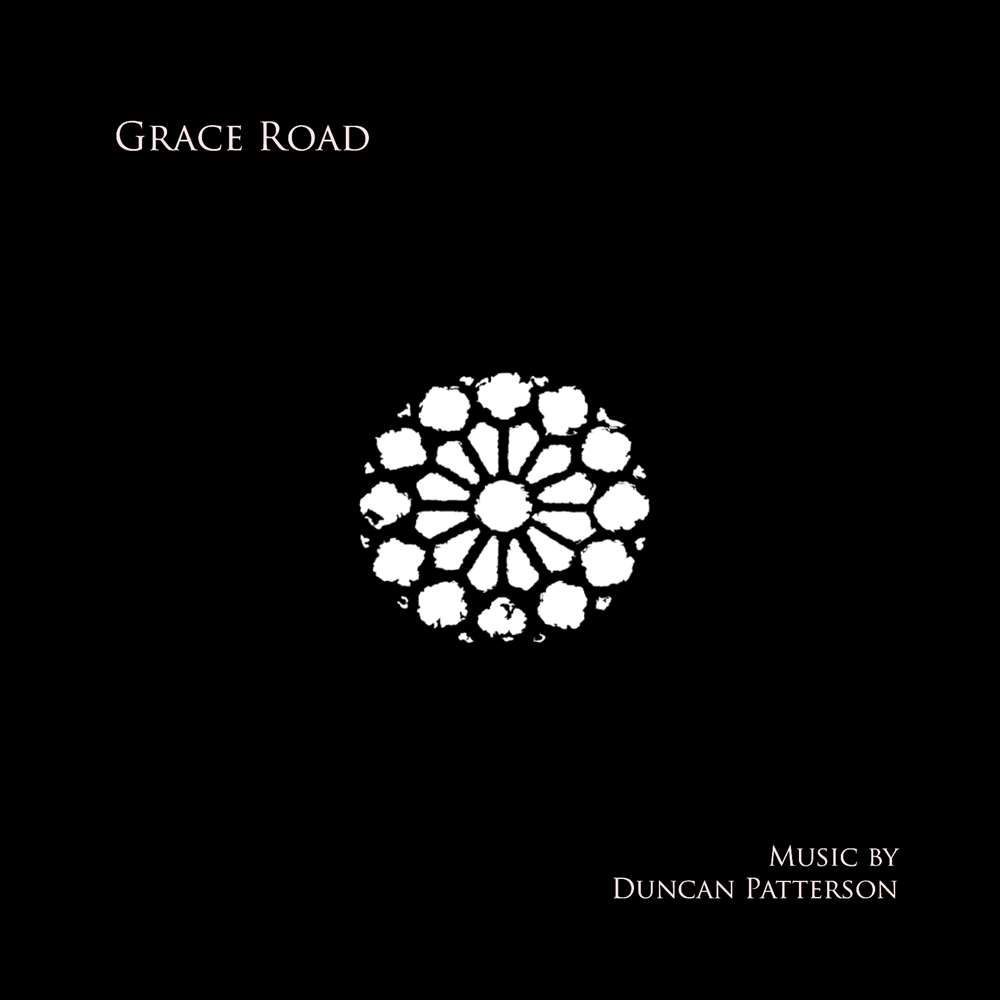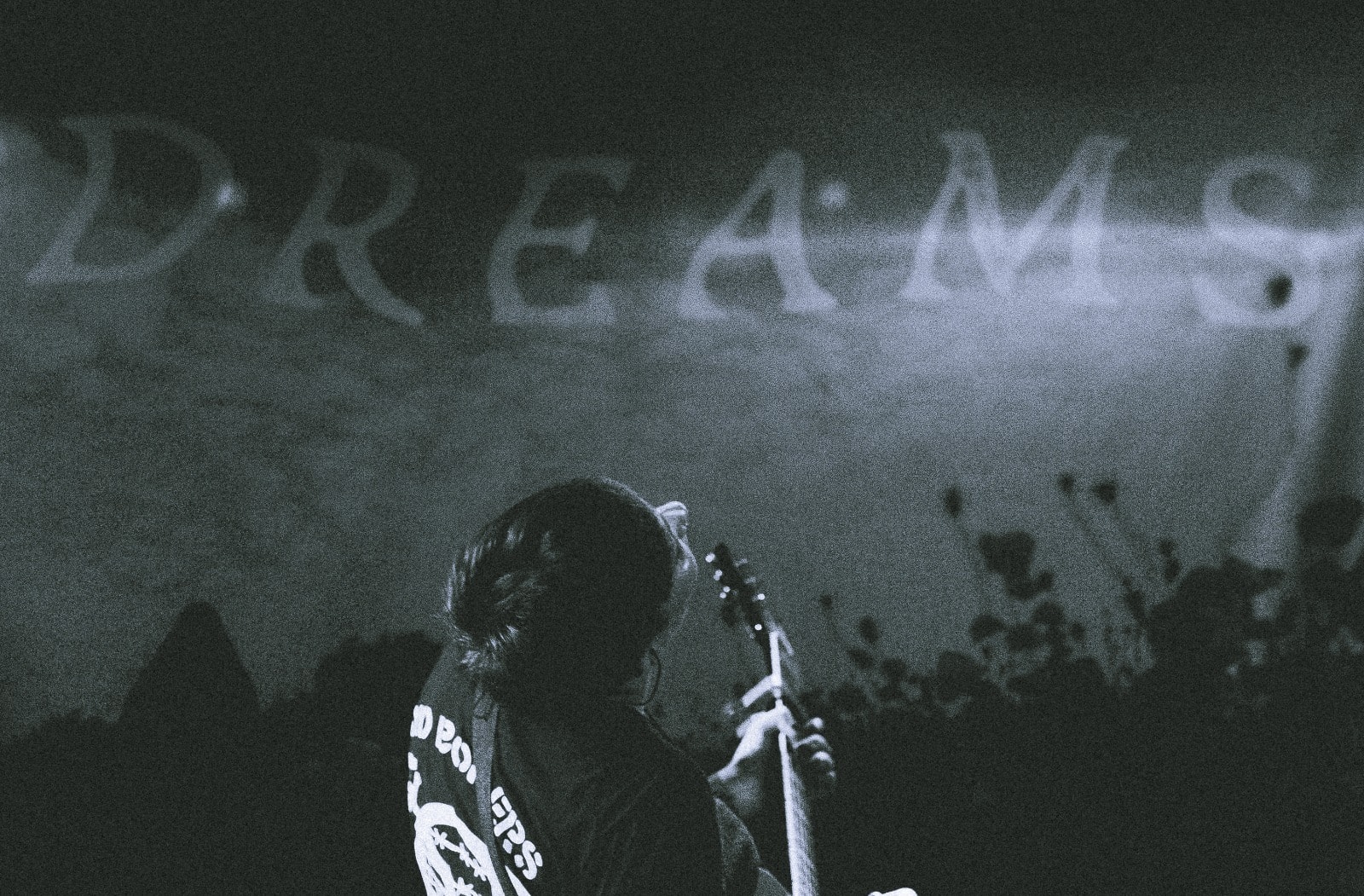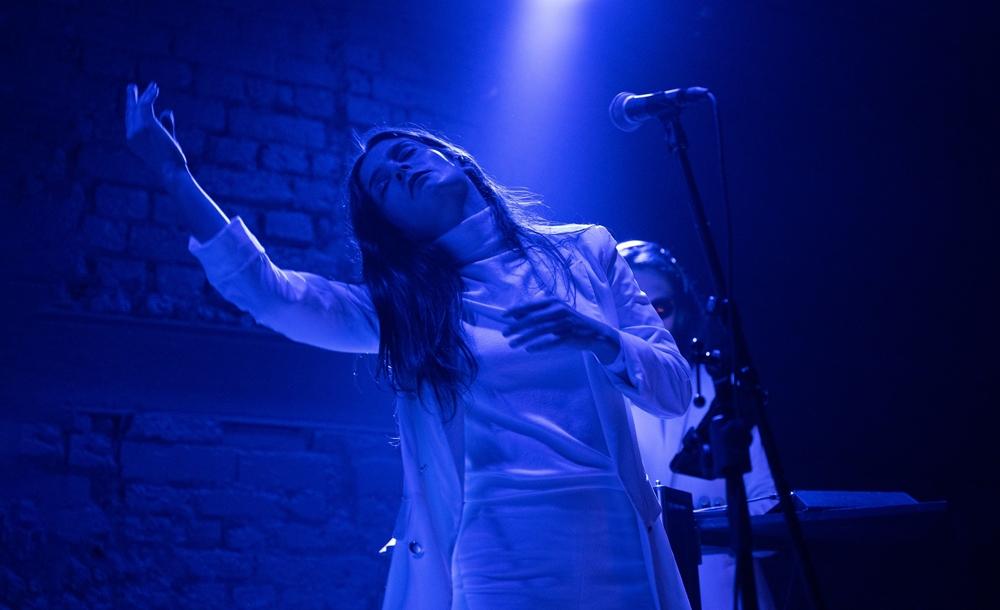Duncan Patterson has released “Grace Road” after a five-year hiatus, and the new album echoes the artist’s compositions of days gone by. With Palestinian singer Enas Al-Said, “Grace Road” plumbs melancholy and infinite sadness. This album is a beautiful testament to musical skill and honesty, as Enas Al-Said truly understands how to turn her soft, vulnerable voice into a strength. Once again, Duncan is setting off to comfort us with his melancholic sounds and touching songs. We talked with Duncan about his newest material “Grace Road” and many more in an enchanting interview.
Hi, Duncan! Even though the global pandemic pretty much shifted the functioning of the world, did you find any silver linings in the crisis?
It didn’t affect me as much as it would have done had it been a few years earlier. I wasn’t going out or traveling the way used to. I was at home with my baby boy every day, and I had already quit drinking the year before. I haven’t found any real silver linings, but it hasn’t been the end of the world for me.
There’s clearly a lot of emotion behind your songs, both in the writing process and in the performance. How does it feel to share so much of yourself with your audience?
It’s normal for me, it’s what I have always done. It is good to get it out there, and it’s even better when people identify with it in some way and feel the vibe I was trying to convey. That’s what I get fulfillment from when other people can feel the music.
How long has “Grace Road” been in the works?
The title track was the first thing that I wrote when my father died. So, we are going back to 2013. I had other bits that I was going to use on the third Alternative 4 album but decided not to continue with the band after spending 5 years in the wilderness. I planned to record the album under my own name just as the pandemic kicked off and that forced me to change plans. So some of the music on the album is like 9 years old.
Was there any song on the album that was particularly a challenge to write?
Not really. The songwriting flowed on this album. The thing I spent time pondering over was the instrumentation. I wasn’t 100% sure how I wanted the songs to be played. If I’d recorded it back in 2020 then I think it would have been more of a standard setup with piano, guitar, bass, “normal” drums, but I’m pleased with the way it turned out. More of a church-like, pastoral sound with the church organ and choral parts.
Is there a specific philosophy or worldview underlying “Grace Road”?
It covers the cycle of life, growing old. Grief and acceptance, are the woes of attachment and codependence.
How did you get in touch with Enas Al-Said?
I was looking for something on Youtube and came across her version of a song that I wrote years ago “Flowers”. I loved it and commented how much I liked the version. She replied and that’s how we got in touch. We got chatting and I asked her if she was interested in singing one track on “Grace Road”. That led to another track, then another, and she ended up singing on the whole album. I speak with Enas and her husband regularly and we have a lot in common. They are genuine people who have a real love for music. It’s refreshing.


When listeners make their way through your songs, what do you want to feel? What kind of situation do you see your music accompanying?
I think the music itself is very deep and reflective. There’s a lot of true melancholy there. I just hope that people feel it, and get to understand the songs better via the lyrics. There’s a general theme for the album, but the lyrics explain each song, bar the instrumental of course. I’ve never understood the “people can make their own interpretation” thing when it comes to lyrics that are actually about something.
There are many descriptions of the ideal state of mind for being creative. What is it like for you? What supports this ideal state of mind and what are distractions? Are there strategies to enter into this state more easily?
This is a good question. I’ve written music and lyrics in various states of mind. Some stuff when I was really at my lowest, some when I felt content and almost… happy. (laughs) But I think for me to be able to really create, I need my solitude. I need silence and not to be disturbed. That’s when I can work on stuff properly. Ideas can come to me at any time. I’ve come up with a lot of stuff while out walking, various pieces of music while trying to get to sleep. But when actually working on arrangements and that, I need solitude. Peace and quiet.
I think if they were to really listen in on what our civilization feels like as a species, your music could come close. You’re interested in the truth perhaps?
Possibly. My music does come from a genuine place. I don’t write music to try to be popular or to try and fit in with a current trend. It all comes from feeling, how the music actually makes me feel. That goes for the sound and instrumentation too. I often go for the lofi stuff because of the way it makes me feel.
What art humbles you?
Some of the old classic Christmas hymns are monumental to me. The huge magical choral arrangements and that. This stuff is beyond reach for me, so I stand back in total awe. It’s untouchable.
Are you better at making music when you’re happy or when you’re sad?
I don’t know yet. I’m working on being happy, so let’s see.
Are there any songs that you love so much that you’re just in awe of how someone could even write it?
I think I just answered that question above, strangely enough, but there are more modern songs that I’m in total awe of. The last songs that absolutely blew my head off were “Bright Horses” and “Waiting For You” from Nick Cave’s “Ghosteen” album. Playing those songs back to back is too much for me. Heartbreaking.
For orders, the new album “Grace Road” is now available on Bandcamp, HERE.

Follow Duncan Patterson on:
Facebook | Instagram | Bandcamp
Photos: (c) Adriana Uve
For CVLTARTES PR services drop us a line at: cvltartes.pr@gmail.com



